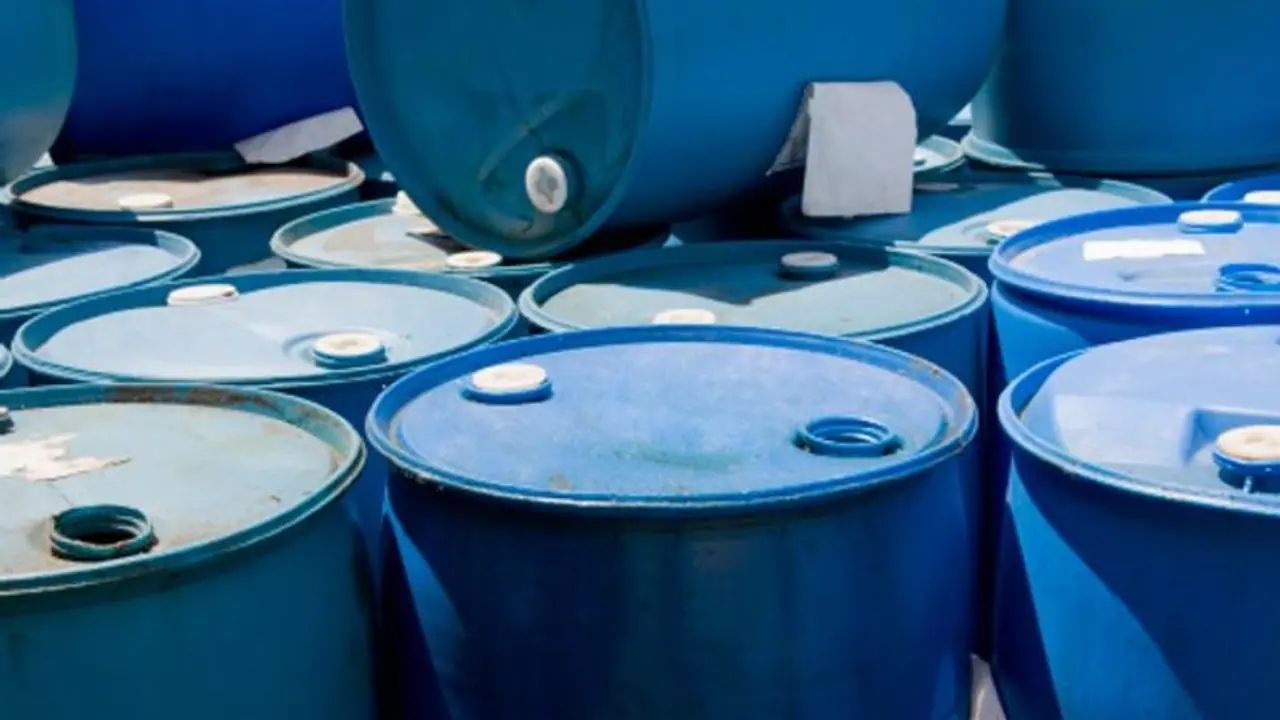Diesel shipments from India to Europe this month have plummeted to their lowest levels since 2022 due to ongoing Houthi attacks on merchant shipping, which are causing disruptions in international trade. Consequently, more cargoes are being redirected to Asia.
In a surprising turn of events, diesel shipments from India to Europe have hit their lowest levels since 2022, with ongoing Houthi attacks on merchant shipping contributing to disruptions in international trade. The first two weeks of February have seen a significant decline in diesel arrivals into the European Union and the UK, prompting a shift in trade dynamics towards Asia. This change is attributed to soaring freight costs driven by the Red Sea turmoil and unexpected refinery maintenance in Asia, making it economically favorable to send cargoes east rather than west.

Data from Vortexa Ltd., as compiled by Bloomberg, reveals that arrivals of fuel from India into Europe have plummeted to an average of just 18,000 barrels a day in the initial weeks of February. This marks a staggering drop of over 90% compared to January's average. Analysts, such as James Noel-Beswick from Sparta Commodities, attribute this decline to the higher shipping costs associated with sending cargoes westward in the face of Houthi threats. Tankers are now forced to navigate around the Cape of Good Hope or use the Suez Canal, both options entailing increased journey lengths and costs, as well as heightened war risk insurance.
The economic rationale for diverting shipments eastward is evident, as the Singapore region offers more favorable export conditions compared to the western route. The ongoing Houthi attacks and their impact on shipping routes have made it increasingly challenging and costly to transport diesel to Europe. This has compelled traders and shipping companies to explore alternative routes and prioritize Asian destinations.
The repercussions of this shift are apparent in the European market, where there were no imports of diesel-type fuel into the EU during the first two weeks of February. Similarly, only one shipment reached the UK during this period. The decline in European imports is reflective of the challenges posed by increased journey lengths and the financial burdens associated with navigating perilous routes.
Conversely, arrivals of diesel-type fuel from India to Asian destinations have seen a notable surge in the same timeframe. Some cargoes have been directed towards Saudi Arabia and Bangladesh, while vessels like the Peace Victoria and Orange Victoria are en route to East Asia. This highlights the adaptability of the shipping industry, as players respond to changing geopolitical and economic dynamics.
The current landscape of diesel shipments from India to Europe underscores the far-reaching impact of geopolitical events on global trade. The Houthi attacks, coupled with rising shipping costs, have forced a reevaluation of trade routes, prompting a significant decline in European imports. As Asia becomes an increasingly attractive destination for diesel shipments, stakeholders in the energy and shipping sectors will need to navigate these challenges while considering the economic implications of alternative routes.
